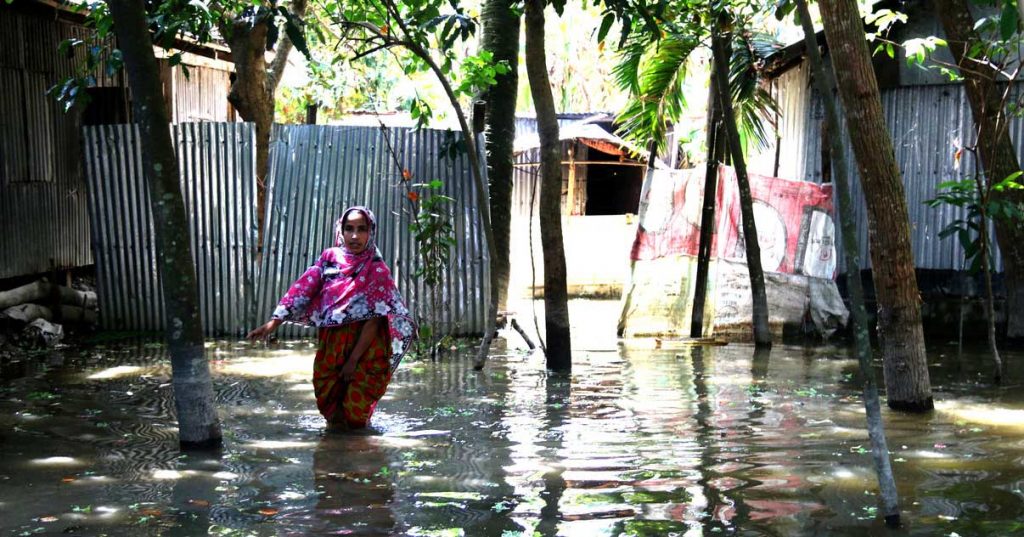Today, Scott Pruitt and the Trump Administration released their proposal to repeal the Clean Power Plan (CPP), a key Obama era climate policy. With some states continuing to push forward with climate action and growing numbers of activists calling for ambitious steps, climate action is far from dead in the U.S., but there’s no denying that repeal of the CPP will have a serious impact.
The CPP was the cornerstone of Obama’s climate policy to fulfill commitments under the Paris Climate Agreement. It’s certainly true that much more is needed, but the CPP was the very first step for the U.S. to try to meet our fair share of effort to act on climate change.
There was, and continues to be, a lot of fanfare and drama around whether the U.S. is in or out of the Paris Agreement. The decision to withdraw from the Agreement was a profound misstep that weakened the U.S.’s stature globally, but ending the CPP will have a more immediate impact on the climate.
The Paris Agreement sets the framework for acting on climate change, but the actual action was always going to come from domestic action by countries. What countries implemented at home was always going to determine if they were successful in meeting the Paris goals, and that’s what the CPP is supposed to do.
Every single Trump Administration decision to end or weaken climate policies – including the CPP – should be treated as the same kind of threat as their withdrawal from the Paris Agreement. We cannot let this story get lost in the noise of today’s media environment.
Ending the CPP is unfortunately entirely consistent with the Trump Administration’s ways of working. The administration embraces the worst of crony capitalism, with Environmental Protection Agency (EPA) Administrator Scott Pruitt doing everything he can to weaken the EPA and boost oil companies.
Pruitt has proven to be one of Trump’s more effective cabinet secretaries as he’s gone about the business of undermining his own agency and promoting dirty energy.
That we’ve all known this day was coming since the election doesn’t mean our response should be lessened. Especially because this decision is consistent with Trump’s Administration in one more crucial way: it shows a shocking lack of empathy or care for others, especially those less fortunate.
Climate change is going to impact everyone, but many developing countries will be impacted first and worst. Sea level rises and changing climates are already straining family farmers in many developing countries. And some of the world’s poorest communities have been hit hardest by the increase in hurricanes, droughts and forest fires that we’re already seeing.
Those who are poor, marginalized, and vulnerable have limited capacity to adapt or absorb new shocks, so they will suffer the most. This is especially unjust since they have contributed so little to creating the problem.
Ambitious climate action today to try to meet the Paris Agreement goals would make a huge difference in whether or not family farmers in developing countries will be able to adapt to the climate change, or whether they lose their homes and livelihoods. Repealing policies that would transition us to a clean energy future is a political decision that says those lives and voices don’t matter. This isn’t new information about Trump, but that’s what‘s at stake with our climate policy.
Ambitious climate action that also ensures a just transition for workers will never be easy, but it is what’s needed. Trump’s tweets may have lost their ability to shock us, but that cannot lessen our resistance to his actions. We can’t afford to wait.

